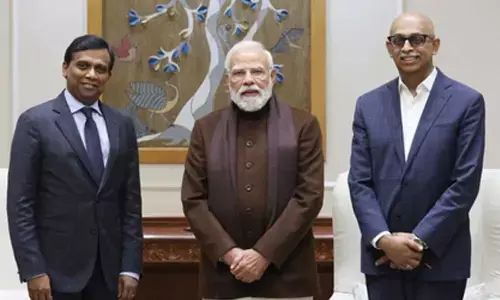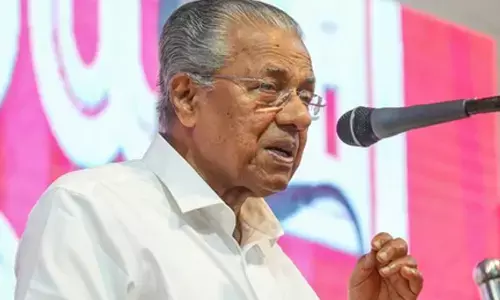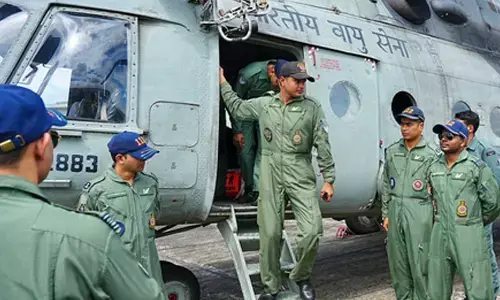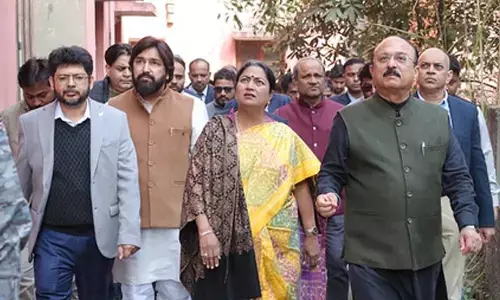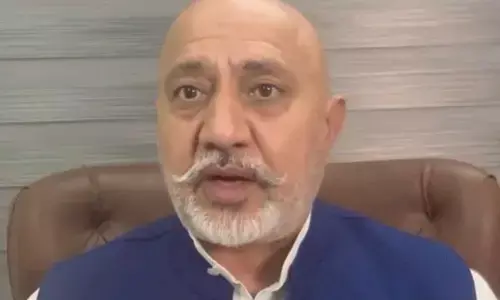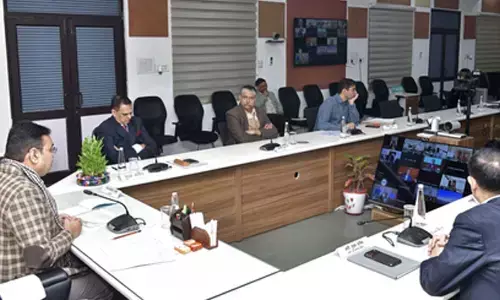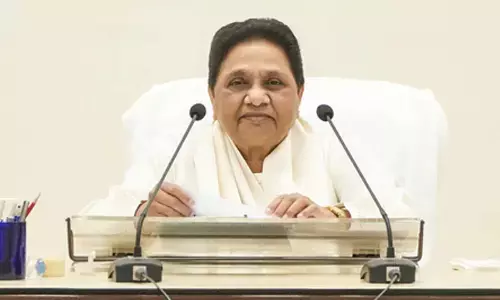No possibility of diplomatic engagement with India: Pakistan Foreign Minister Shah Mahmood Qureshi
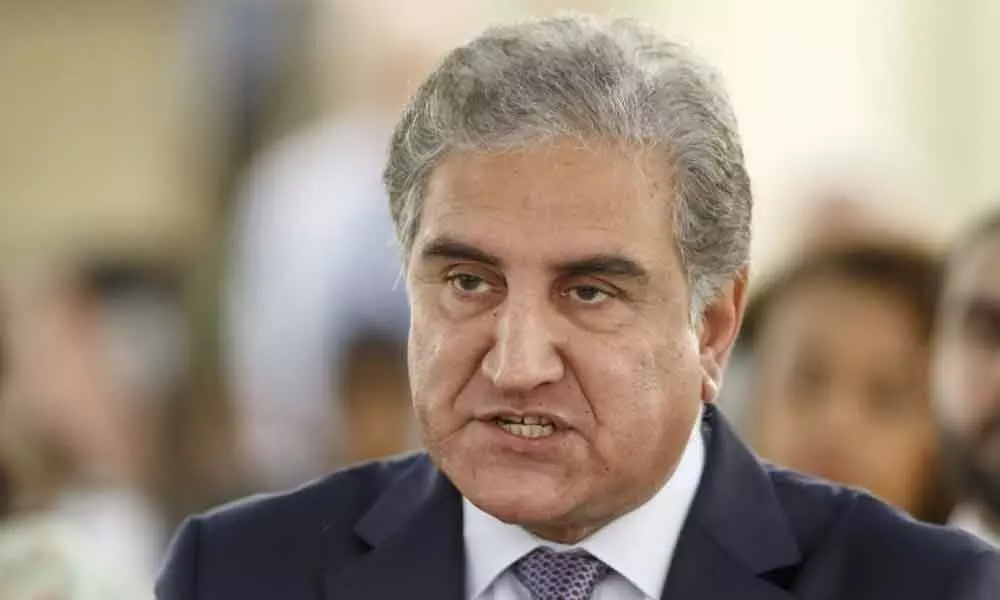
Pakistan has downgraded diplomatic ties with New Delhi and expelled the Indian High Commissioner after the Indian government removed Article 370 in Jammu and Kashmir.
ISLAMABAD: Pakistan's Foreign Minister Shah Mahmood Qureshi on Wednesday ruled out any possibility of diplomatic engagement with India after New Delhi revoked the special status of Jammu and Kashmir.
Addressing a press conference here, Qureshi said Pakistan was not against meetings with India but time was not proper for it. The tension between India and Pakistan escalated after New Delhi revoked Jammu and Kashmir's special status on August 5.
Pakistan has downgraded diplomatic ties with New Delhi and expelled the Indian High Commissioner. Pakistan has been trying to internationalise the Kashmir issue but India has asserted that the abrogation of Article 370 was its "internal matter".
New Delhi has also asked Islamabad to accept the reality and stop its anti-India rhetoric. India has maintained that 'terror and talks cannot go together'. "Pakistan has not avoided resolving issues with India through talks and Prime Minister Imran Khan's attitude has been positive from day one. But they (India) ran away from dialogue and they took a step against the UN resolutions on August 5," Qureshi told reporters here.
"I do not think of any diplomatic engagement in the near future (in such conditions). Even if some friends want a meeting then it will be useless," he added.
Responding to questions, Qureshi hoped that there would be a positive outcome of the ongoing plenary of the Financial Action Task Force (FATF) in Paris. "More progress has been made on the FATF concerns during the last one year than the last 10 years. We are trying to convince the world about the steps taken to tackle the issue. I am hopeful about the outcome," he said.
Pakistan was placed on the 'grey list' by the Paris-based watchdog in June last year and was given a plan of action to complete it by October 2019 or face the risk of being placed on the blacklist with Iran and North Korea.
If Pakistan continues with the 'grey list' or put in 'Dark Grey' list, it would be very difficult for the country to get financial aid from the IMF, the World Bank and the European Union, making its financial condition more precarious.
The FATF is an inter-governmental body established in 1989 to combat money laundering, terrorist financing and other related threats to the integrity of the international financial system. Qureshi also said that India tried its best to damage Pakistan's prospects in the FATF. "One thing I should tell you, that India left no stone unturned (to harm us)," he said.
He claimed that India's National Security Advisor "visited a country with a one-point agenda" to convince it not to support Pakistan at the FATF but he returned empty-handed. He did not identify the country.
Qureshi also talked at length about Prime Minister Khan's visits to Iran and Saudi Arabia, saying his meetings with the leaders of the two countries were positive. He said that both Saudi and Iranian leaders were supportive of Pakistan's stance on Kashmir. "The Prime Minister in his meetings highlighted the Kashmir issue. Iranian Supreme Leader Ayatollah Ali Khamenei said that they support Pakistan's position on Kashmir. We also got the same response from Saudi Arabia," Qureshi said.
When asked tensions between bitter regional rivals Saudi Arabia and Iran, Qureshi said the Prime Minister's visit helped to remove the clouds of war in the Gulf region. "Iranian leaders said that they were ready for dialogue as they do not want confrontation with Saudi Arabia. We found their attitude positive. With this attitude, we went to Saudi Arabia and we met all senior leaders and also got a positive response," he said. He said that there was a consensus on both sides that they would prefer diplomatic initiatives.
Tension has been simmering between Iran and Saudi Arabia ever since the start of attacks on Yemen in 2015 by a coalition led by Riyadh and execution of a prominent Shia cleric in the Gulf Kingdom in 2016.
Iran and Saudi Arabia came close to blows after damaging the September 14 attack on oil facilities in the Gulf Kingdom. Saudi and its allies blamed Iran for the attack, a charge which Tehran denied.
On October 11, an Iranian-owned oil tanker was hit in Red Sea waters off the Saudi coast. Qureshi said that there were more chances for a ceasefire in Yemen. "The chances of ceasefire in Yemen are far greater today as compared to the past," he said.
To a question, he said that Pakistan's ties with the US were far better now as compared to the previous governments. "If President (Donald) Trump would be waiting anxiously for one call, then it would be from Prime Minister Khan," he said.








